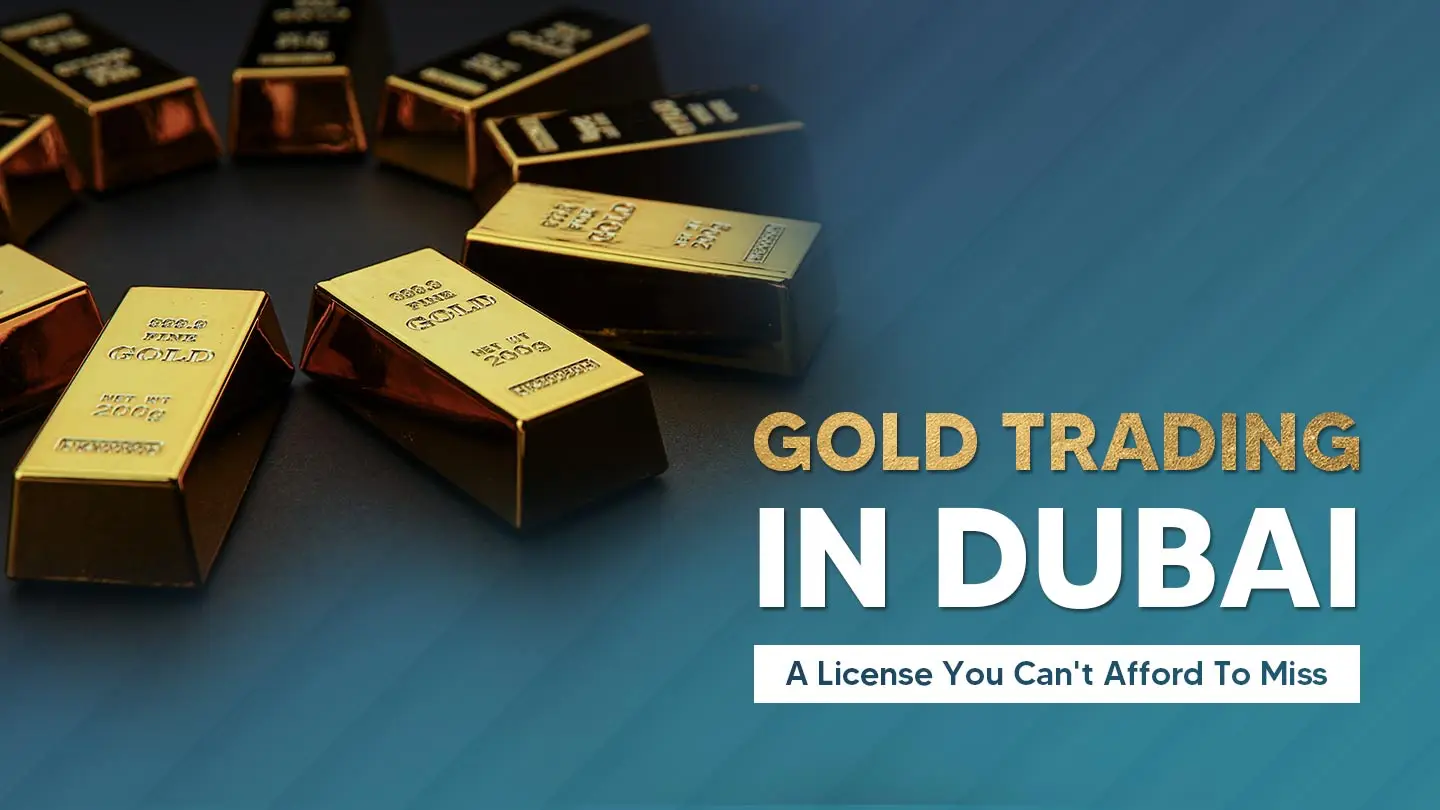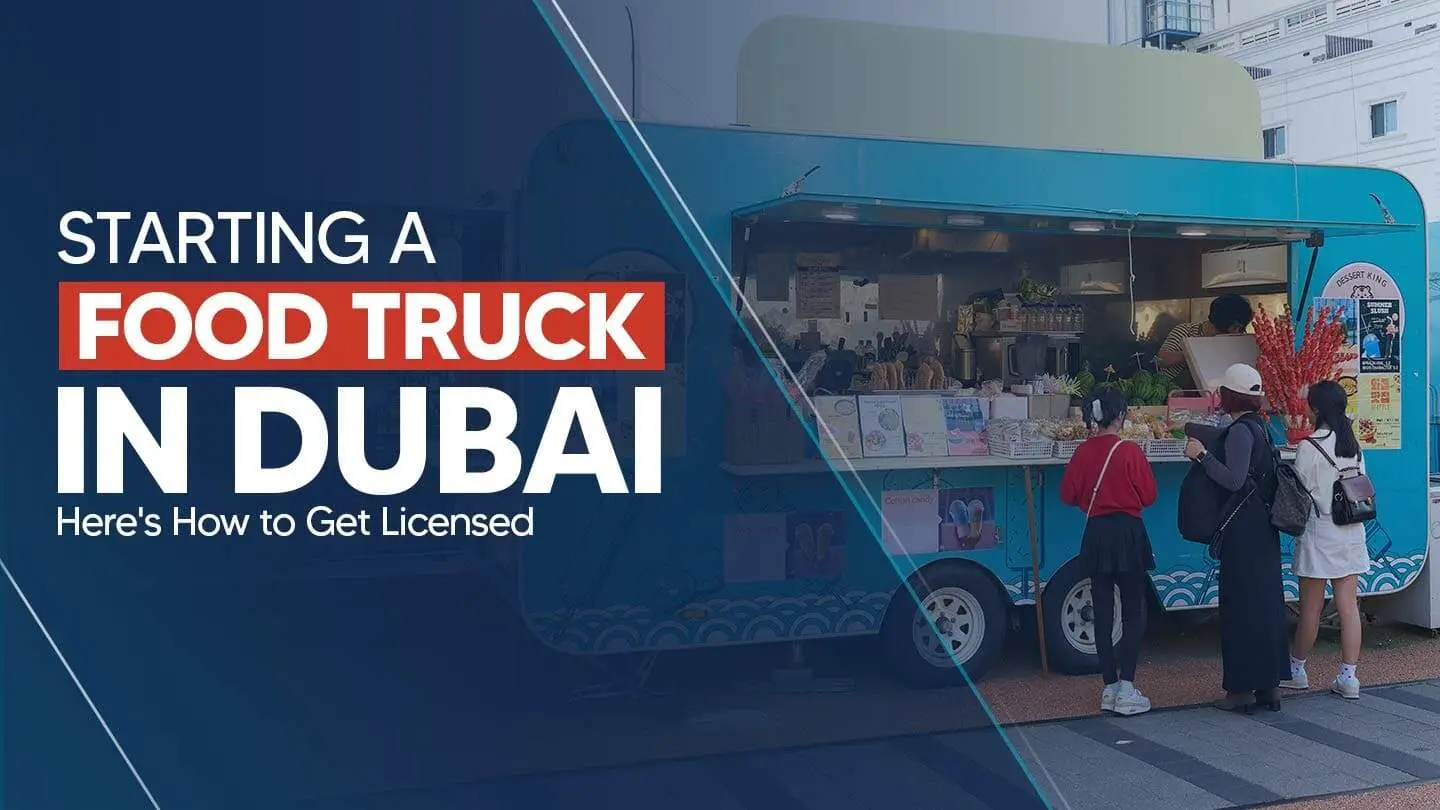Starting a vending machine business in UAE is a smart idea for anyone looking to run a simple yet profitable business. Vending machines are popular worldwide because they offer quick and easy access to snacks, drinks, and other items, anytime and anywhere. With minimal upkeep and a steady demand, it’s a great option for entrepreneurs.
Dubai is one of the best places to start a vending machine business. Why? The city is home to over 3.5 million people and attracts more than 16 million tourists annually. These numbers mean there’s always a high demand for convenient services, especially in places like shopping malls, offices, schools, and tourist hotspots. Plus, Dubai’s focus on technology and innovation has made vending machines that accept cashless payments or sell unique products like healthy snacks or tech gadgets even more popular.
The market for vending machines in Dubai is growing quickly. The global vending machine market is expected to reach over $146 billion by 2027, and Dubai’s share of this growth is significant thanks to its vibrant economy and fast-paced lifestyle. However, before you start tapping this industry you need to understand vending machine licenses in Dubai and what are the legal requirements you must follow.
What Are Vending Machines?
Vending machines are smart, self-service devices that offer a seamless shopping experience by dispensing snacks, beverages, tickets, and more – all without the need for a cashier. Operating 24/7, they cater to on-the-go consumers in high-traffic areas like offices, malls, and public spaces. Equipped with modern payment systems, including cash, cards, and digital wallets, vending machines provide unparalleled convenience, ensuring quick and hassle-free transactions anytime, anywhere.
Types of Vending Machines to Consider in Dubai, UAE
When starting a vending machine business in Dubai, it’s essential to choose the right type of machines based on your target audience and location. Here are some popular options to consider:
1. Food and Beverage Vending Machines
These are the most common vending machines and offer snacks, soft drinks, water, and packaged foods. Ideal for places like shopping malls, offices, and schools. They cater to a wide audience and are in constant demand.
2. Healthy Snack and Drink Vending Machines
With the growing focus on wellness, vending machines offering healthy options like granola bars, fresh juices, and low-calorie snacks are gaining popularity. Perfect for gyms, yoga studios, hospitals, and fitness centers.
3. Coffee Vending Machines
Coffee machines are a hit in office buildings, universities, and transit hubs. These machines provide instant access to hot beverages like coffee, tea, and hot chocolate. They are a great way to tap into Dubai’s love for coffee culture.
4. Non-Food Vending Machines
These machines sell items like electronics (phone chargers, headphones), beauty products (lip balms, face masks), or hygiene essentials (sanitizers, masks). Ideal for airports, hotels, and high-end malls.
5. Smart Vending Machines with Digital Interfaces
Equipped with advanced technology like touchscreens, cashless payment systems, and inventory tracking. They can sell a variety of items, from groceries to luxury products. Suitable for tech-savvy customers and premium locations like business districts and high-end retail spaces.
You can purchase a vending machine from pepsidrc.com or first-classvending.com.
What is the Size of the Vending Machine Market in UAE?
The vending machine market in the UAE is showing significant growth, supported by trends in smart technology and consumer demand for convenience. The Middle East and Africa smart vending machine market is expected to grow from USD 1.46 billion in 2024 to USD 2.6 billion by 2029, reflecting a robust CAGR of 12.2% between 2024 and 2029.
In Dubai specifically, the popularity of vending machines has surged due to rising urbanization and the adoption of cashless payment systems. For instance, in 2024, more than 60% of vending machines in the UAE are equipped with digital payment systems, making them highly attractive to tech-savvy consumers.
Additionally, the integration of smart technologies has opened new opportunities for customized consumer experiences, such as vending machines offering healthy snacks and even high-end electronics.
Benefits of Starting a Vending Machine Business in UAE
Starting a vending machine business in the UAE offers several advantages:
1. Tax Benefits in Dubai
The UAE’s tax-friendly policies make it an ideal place for entrepreneurs. With limited corporate tax or no personal income tax, you can maximize your profits. Additionally, while businesses generating more than AED 375,000 in annual revenue must register for VAT, the 5% VAT rate is significantly lower compared to global standards.
2. Full Business Ownership
Foreign entrepreneurs can enjoy 100% business ownership of their vending machine business in Dubai, especially when set up in a free zone or under the latest mainland regulations. This gives you complete control over your business operation and profit.
3. Growing Industry Trends
The vending machine industry is evolving with technology. Smart vending machines with interactive screens and AI-driven inventory management are gaining popularity, making the business even more efficient and appealing.
4. High Demand for Convenience
Dubai’s fast-paced lifestyle creates a constant demand for quick and easy access to snacks, beverages, and essential items. With vending machines, you can cater to busy professionals, tourists, and residents 24/7.
5. Low Startup Costs
Compared to other businesses, vending machines require less investment. You don’t need to rent or build a large space, and the operational costs are minimal.
6. 24/7 Revenue Potential
Unlike traditional stores, vending machines operate around the clock. This means you can earn revenue even when you’re not physically present.
7. High-Density Population and Tourist Traffic
Dubai’s bustling population and constant influx of tourists create a large potential customer base for your vending machines, especially in high-traffic areas like airports, malls, and office buildings.
8. Cashless Payment Options
With Dubai’s push toward becoming a cashless society, modern vending machines that accept payments via cards or mobile wallets are in high demand. This makes the business more attractive and user-friendly for tech-savvy customers.
Documents Required to Start a Vending Machine Business in UAE
To start a vending machine business in UAE, you’ll need to prepare and submit the following documents:
- Passport copies
- Visa copies
- Proof of residency in the UAE (if applicable)
- Passport-sized photographs
- Trade name registration certificate
- Trade license application documents
- Additional approval and permits (Location permit, health & safety approvals)
- NOC (No Objection Certificate) from the landlord or property owner, if needed
Note: Requirements may vary depending on whether you are setting up a mainland business or operating within a free zone. Consulting with a business setup expert like Shuraa Business Setup can streamline the process and ensure compliance with all regulations.
How to Start a Vending Machine Business in Dubai, UAE
Launching a vending machine business in Dubai is an exciting opportunity to tap into a growing market. With the right strategy, you can set up a profitable venture in no time. Here’s a step-by-step guide to help you get started:
Step 1. Research the Market
Start with solid groundwork by understanding your market:
- Define Your Products: Decide on what you’ll sell—snacks, beverages, or something unique that sets you apart.
- Understand Customer Needs: Research the demands of your target audience in specific locations. What do they need most?
- Study Competitors: Analyse what’s already being offered in your area and identify gaps you can fill.
- Source Rare Products: If your vending machines will feature specialty items, find reliable suppliers.
💡 Pro Tip: Focus on a niche product selection that meets high demand rather than offering a broad range of items.
Step 2: Choose a Business Name
Your trade name is your brand, so make it count:
- Ensure the name complies with Dubai’s naming regulations—avoid offensive terms, abbreviations, or names of well-known companies.
- Check the availability of your desired name before registering it.
- Select a name that’s simple, memorable, and relevant to your vending machine business.
Step 3: Select Your Business Structure and Location
Dubai offers various business setups to choose from:
- Mainland: Operate anywhere in Dubai, including prime areas.
- Free Zone: Enjoy cost and tax benefits but operate primarily within the Free Zone.
- Offshore: Ideal for international trade and business.
Choosing the Right Location:
Locate your vending machines in high-footfall areas like malls, parks, offices, or metro stations. Prioritise convenience for your customers, especially during busy hours.
Step 4: Obtain a Vending Machine License
To legally operate, secure the required licenses:
- Trade License: Apply through the Dubai Department of Economic Development (DED).
- Additional Approvals: For food and beverages, obtain health and safety approvals from Dubai Municipality.
Follow all regulations related to food safety and machine standards.
Step 5: Apply for a Visa
A valid visa is essential for living and working in Dubai:
- Apply for your visa after obtaining the business license.
- Sponsor family members or employees as needed to support your business operations.
Step 6: Purchase or Lease Vending Machines
Invest in the right machines to suit your needs:
- Choose between buying or leasing, depending on your budget.
- Opt for machines with advanced features like cashless payments, temperature control, or interactive screens.
- Partner with reputable suppliers to ensure high-quality machines that are durable and reliable.
Step 7: Install and Maintain Your Machines
Proper installation and maintenance are key to long-term success:
- Place machines in strategic, high-traffic locations for maximum visibility and sales.
- Test the machines thoroughly to ensure smooth operations.
- Offer cashless payment options to cater to modern customer preferences.
- Schedule regular maintenance to avoid downtime and keep your machines in top condition.
With careful planning and execution, your vending machine business in Dubai can thrive in this dynamic market. Ready to get started? Let’s make your entrepreneurial dream a reality!
How Much Does It Cost to Start a Vending Machine Business in Dubai?
The cost of starting a vending machine business in Dubai typically ranges from approximately AED 20,000* to AED 30,000*, with variations depending on factors such as the business activity type and whether the license is obtained in the Mainland or a Free Zone jurisdiction.
| Licensing and Permits | The vending machine license cost typically ranges between AED 10,000–15,000 annually, depending on the type of business activity and structure. |
| Vending Machine Costs | Basic Vending Machines: AED 5,000–15,000 per unit for standard snack or drink machines. Smart Vending Machines: AED 20,000–50,000 per unit for machines with advanced digital interfaces and cashless payment systems. |
| Installation and Maintenance | Delivery and Installation: AED 1,000–3,000 per machine. Maintenance Contracts: AED 1,000–3,000 annually, depending on the machine type. |
| Location Rental (if applicable) | Typically, AED 2,000–10,000 monthly for premium locations like malls or metro stations. |
Remember, these are estimated costs, which may vary depending on your specific business plan and circumstances. It’s essential to get in touch with business setup experts at Shuraa.
Let Shuraa Simplify Your Vending Machine Business Setup
If you’re considering starting a vending business in UAE or Dubai, now is the perfect time to take advantage of this growing market. The benefits are endless—low running costs, the flexibility to grow your business, and the chance to use smart technology.
To make your entrepreneurial journey seamless, Shuraa Business Setup is here to help. With over 25 years of experience, we provide expert guidance on business registration, licensing, document preparation, and approvals. Our team offers end-to-end support, ensuring your vending machine business is set up efficiently and in compliance with Dubai’s regulations.
Reach out to Shuraa Business Setup today at +97144081900 or on WhatsApp at +971507775554 or drop an email at [email protected] and get answers to all your queries.
Frequently Asked Questions
1. Is a vending machine business profitable in Dubai?
Yes, a vending machine business can be highly profitable in Dubai. The city’s large population, diverse culture, and 24/7 economy create a significant demand for convenient food and beverage options. Popular locations like malls, offices, schools, and metro stations offer high foot traffic, ensuring consistent sales. Additionally, low maintenance costs and the potential to scale make vending machines a profitable business option.
2. Do I need a license for vending machines in the UAE?
Yes, you need a trade license to legally operate vending machines in Dubai. This involves registering your business with the Department of Economic Development (DED) or a relevant free zone authority, depending on your business structure.
3. How to get a vending machine license in Dubai?
To obtain a vending machine license in Dubai, follow these steps:
1. Choose a Business Structure (Mainland or free zone setup).
2. Apply to the Department of Economic Development (DED) or the relevant free zone authority.
3. Secure approvals from the Food Control Department (for food machines).
4. Pay the licensing fees and your trade license will be issued.
5. You may also need additional location permits to install machines in specific areas.
4. What are the best locations for vending machines in Dubai?
High-traffic areas like shopping malls, metro stations, offices, schools, gyms, and airports are ideal locations. These places see a steady flow of people who are likely to use vending machines for quick and convenient purchases.
5. What payment systems are commonly used in vending machines in Dubai?
Vending machines in Dubai often support cash, coins, and digital payments. The increasing adoption of cashless systems, such as credit cards, mobile wallets, and contactless payments, makes smart vending machines more appealing to consumers.
6. What are the residence visa options for a vending machine business in Dubai, UAE?
By starting a vending machine business, you can apply for an Investor Visa if setting up a mainland or free zone company. Depending on the type of license, the visa duration is typically 2–3 years. Additionally, business owners may also sponsor visas for employees or family members as per UAE regulations.
7. Can I import vending machines into Dubai?
Yes, vending machines can be imported into Dubai, but they must meet UAE standards and obtain necessary certifications. Import duties may apply, and you’ll need a customs code to clear goods. Partnering with a local supplier or distributor can simplify this process.
*Note: The information in this post is for general guidance only and may change due to updates in government policies or regulations.







